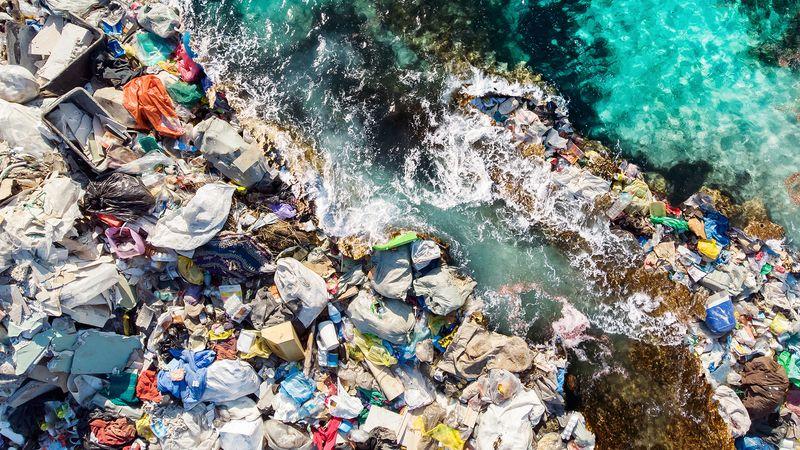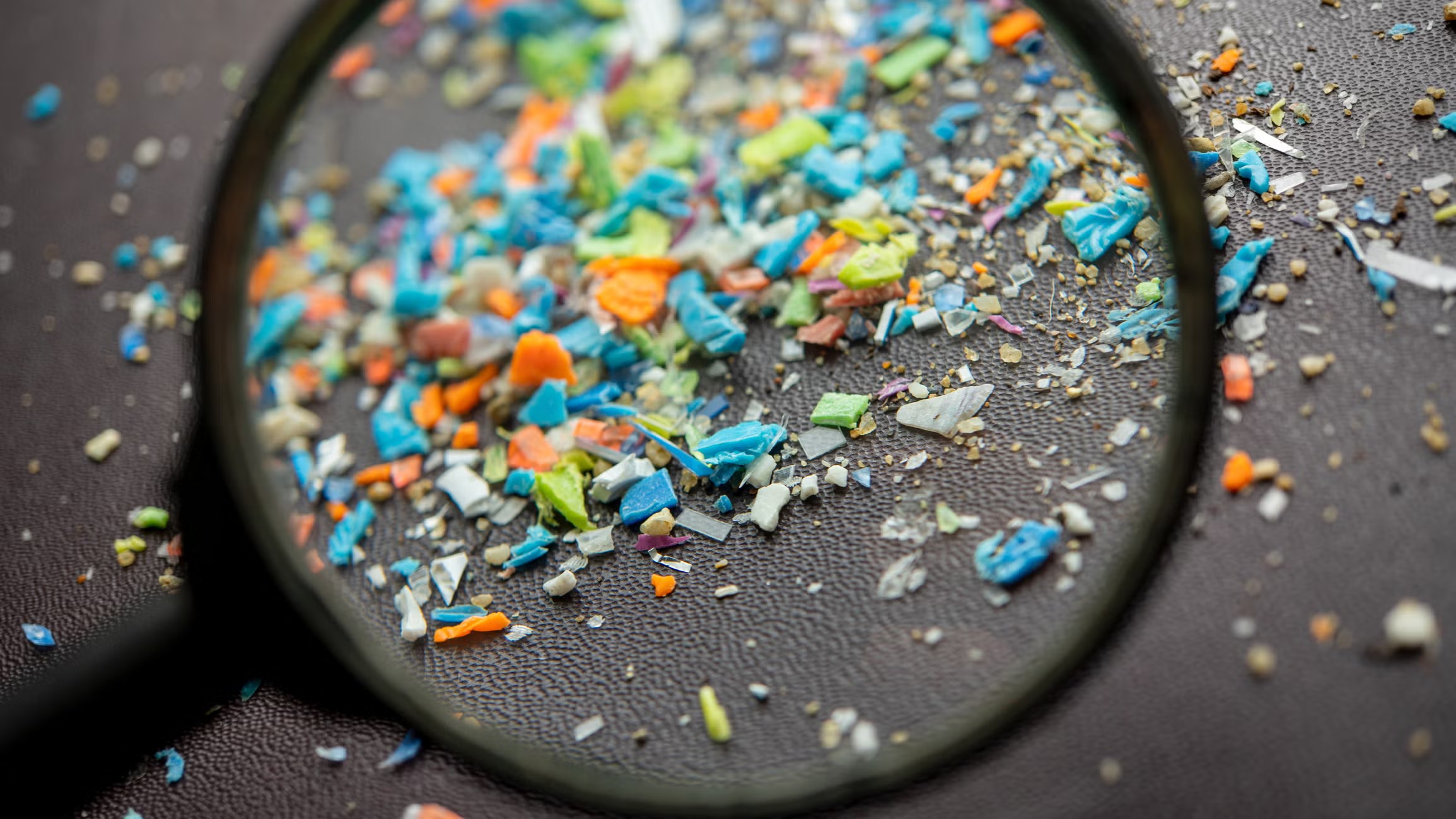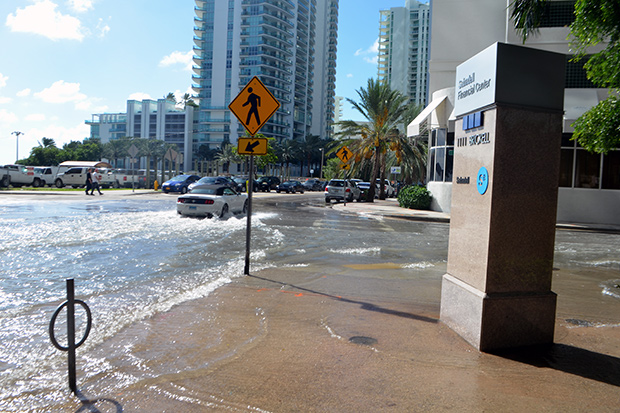- Water is the lifeblood of our planet, sustaining not only the natural world but also the communities that depend on it for survival and daily activities.
- The success of cleaner water is not only about individual action but also collective responsibility
Have you ever noticed murky water flowing through drainage systems or discoloring water bodies? This isn't just dirty water; it could signal something far more dangerous and harmful to both animals and plants.
In many towns and cities, companies are releasing untreated waste into our water systems. While it may seem like a distant problem, this type of pollution has long-term effects that impact our health, local ecosystems, and even the climate we rely on.
When factories dump chemicals and waste into drainage systems, or when agricultural runoff flows into water bodies, it often carries harmful substances like heavy metals, oils, and toxic chemicals. This polluted water can make its way into rivers, lakes, and even underground sources, leading to serious health issues for those who use it.
Contaminated water can cause diseases, including long-term conditions like cancer due to prolonged exposure to toxic chemicals, either directly or indirectly. Even more concerning is that many homes depend on these water sources for drinking, cooking, and agricultural activities. What begins as a local issue can escalate into a regional and even international crisis, fueling global catastrophes.
Water is the lifeblood of our planet, sustaining not only the natural world but also the communities that rely on it for survival and daily activities. Yet, harmful waste—from industrial runoff to household trash—continues to pollute our rivers, lakes, drainage systems, and oceans.
Read More
This pollution harms aquatic life, disrupts ecosystems, threatens public health, and jeopardizes the future of our planet. The responsibility to protect our waters lies with all of us; we must unite to stop the flow of waste into these vital resources.
Companies must ensure that wastewater is properly treated before discharge and take proactive steps to minimize their environmental impact through sustainable practices. Adopting cleaner technologies, reusing water, and reducing waste not only protect the environment but also enhance our reputation as responsible stewards.
For individuals and households, the challenge is equally urgent. Simple actions, such as properly disposing of household waste and chemicals, can prevent pollution from reaching our water bodies. By committing to reduce, reuse, and recycle, we can significantly decrease the waste that might otherwise end up in our waters.
Every small change in our daily behavior—whether it’s reducing water waste or advocating for stricter environmental policies—contributes to a larger movement toward cleaner water.
The success of achieving cleaner water relies not only on individual actions but also on collective responsibility. By coming together to raise awareness, supporting initiatives, and ensuring stringent implementation of existing policies, we can create a lasting impact that safeguards our water bodies for generations to come.


-1750764913.jpg)



